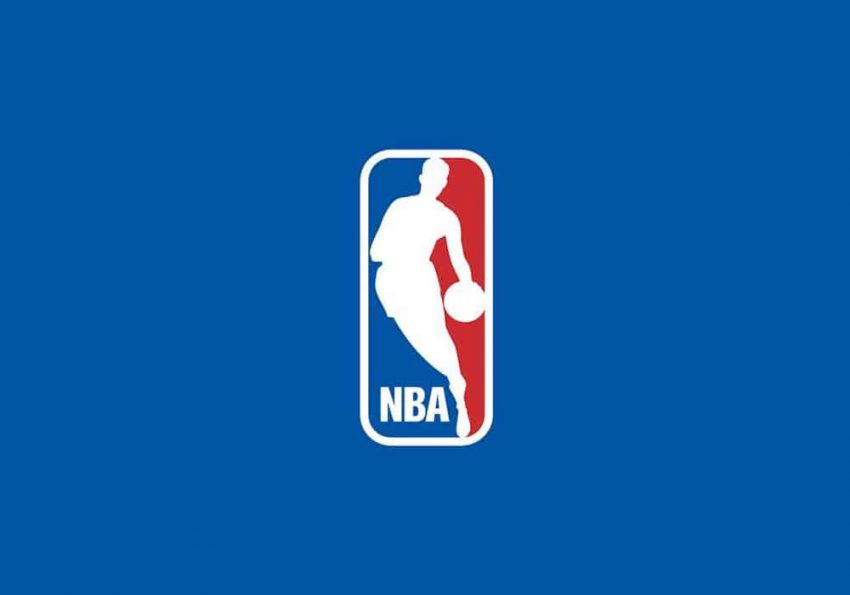For much of the 20th century, Major League Baseball (MLB) reigned supreme as America’s pastime. However, the landscape of American sports has shifted significantly in recent decades. The National Basketball Association (NBA), once trailing in popularity, has surged ahead of MLB in terms of cultural relevance, global reach, and appeal to younger audiences. This shift didn’t happen overnight, but rather through a combination of superstar power, international expansion, and a deeper connection to modern culture.
The Superstar Effect: Jordan, LeBron, and Curry
One of the most pivotal factors in the NBA’s rise over MLB is the league’s ability to produce global superstars. The 1990s marked the beginning of the NBA’s ascent with the rise of Michael Jordan, a player whose fame extended far beyond basketball. Jordan’s influence, both on and off the court, turned basketball into a global phenomenon, attracting new fans and setting a precedent for what the NBA could be: a league of superstars.
Following Jordan, players like Kobe Bryant, LeBron James, and Stephen Curry not only continued to elevate the game but also helped solidify basketball’s place in pop culture. These athletes became more than just sports figures—they became cultural icons whose reach transcended the game itself. In contrast, MLB has struggled to produce stars with a similar global appeal in recent decades. While baseball still has its legends, the sport’s stars do not enjoy the same crossover into mainstream culture that NBA players do.
International Expansion and Global Reach
The NBA’s strategic focus on international growth has been a key driver in its overtaking of MLB. Starting in the 1990s, the NBA made significant efforts to expand its global footprint by broadcasting games internationally and hosting events in countries like China and Europe. This, paired with the emergence of international players such as Dirk Nowitzki, Yao Ming, and Giannis Antetokounmpo, only bolstered the NBA’s global popularity. These players helped connect the league to international audiences, making basketball more accessible and creating a sport that appeals to fans across the world.
Meanwhile, MLB has also sought to expand internationally, particularly in Latin America and Japan, where baseball is highly popular. However, the NBA’s faster-paced game and its stars’ global brand recognition have given it an edge in capturing international attention. Basketball’s inclusion in the Olympics and major global tournaments has also made it more visible, further driving international interest.
Cultural Relevance: NBA and Modern Urban Culture
Beyond global expansion, the NBA has embedded itself deeply in urban culture, particularly through its connection to hip-hop, fashion, and entertainment. Basketball has always had a close relationship with music and fashion, and in the 2000s, the league embraced this connection more fully. Players like Allen Iverson and LeBron James became cultural tastemakers, influencing not only basketball but also sneaker culture, streetwear, and music. The rise of social media only amplified this, as players became even more accessible to fans and engaged directly with them through platforms like Twitter and Instagram.
This cultural connection allowed the NBA to resonate with younger generations, who found basketball to be a sport that reflected their interests and lifestyles. Baseball, on the other hand, has struggled to evolve in the same way. Despite its rich history, MLB’s slower pace and more traditional structure have made it harder for the sport to capture the attention of younger fans.
Social Media and Entertainment
The NBA’s success in the digital age cannot be overstated. In an era where highlights, fast-paced action, and direct player engagement matter more than ever, the NBA has thrived. The league has embraced social media as a tool to showcase its best moments, with highlight reels, buzzer-beaters, and slam dunks dominating platforms like YouTube and Instagram. This approach has been instrumental in attracting younger viewers who prefer bite-sized, exciting content.
MLB, on the other hand, has struggled to adapt to the social media age. While baseball purists appreciate the game’s slower pace, it has not translated well in the highlight-driven, attention-scarce world of modern entertainment. As a result, the NBA has capitalized on being a more digestible and visually captivating sport in today’s digital landscape.
The Shift: NBA’s Popularity Over MLB
By the late 2000s and early 2010s, it became clear that the NBA had overtaken MLB in terms of TV ratings, social media engagement, and overall cultural impact, particularly among younger generations. While baseball remains a beloved sport with strong regional followings, especially in cities like New York, Boston, and St. Louis, the NBA’s broader appeal has propelled it ahead.
In 2019, the NBA generated higher TV ratings than MLB’s World Series, a stark indicator of the shift in popularity. The NBA’s ability to attract younger viewers, both domestically and internationally, has given it an edge that baseball, despite its rich tradition, has struggled to replicate.
Conclusion
While MLB still holds a cherished place in the hearts of many Americans, the NBA has clearly surpassed it in terms of popularity, particularly with younger audiences and international fans. Through the rise of iconic superstars, strategic global expansion, and a deep connection to modern culture, the NBA has positioned itself as not just a sports league, but a global entertainment powerhouse. Meanwhile, MLB continues to innovate and evolve, but it is clear that basketball’s faster pace and cultural relevance have made it the sport of the moment in the 21st century.


